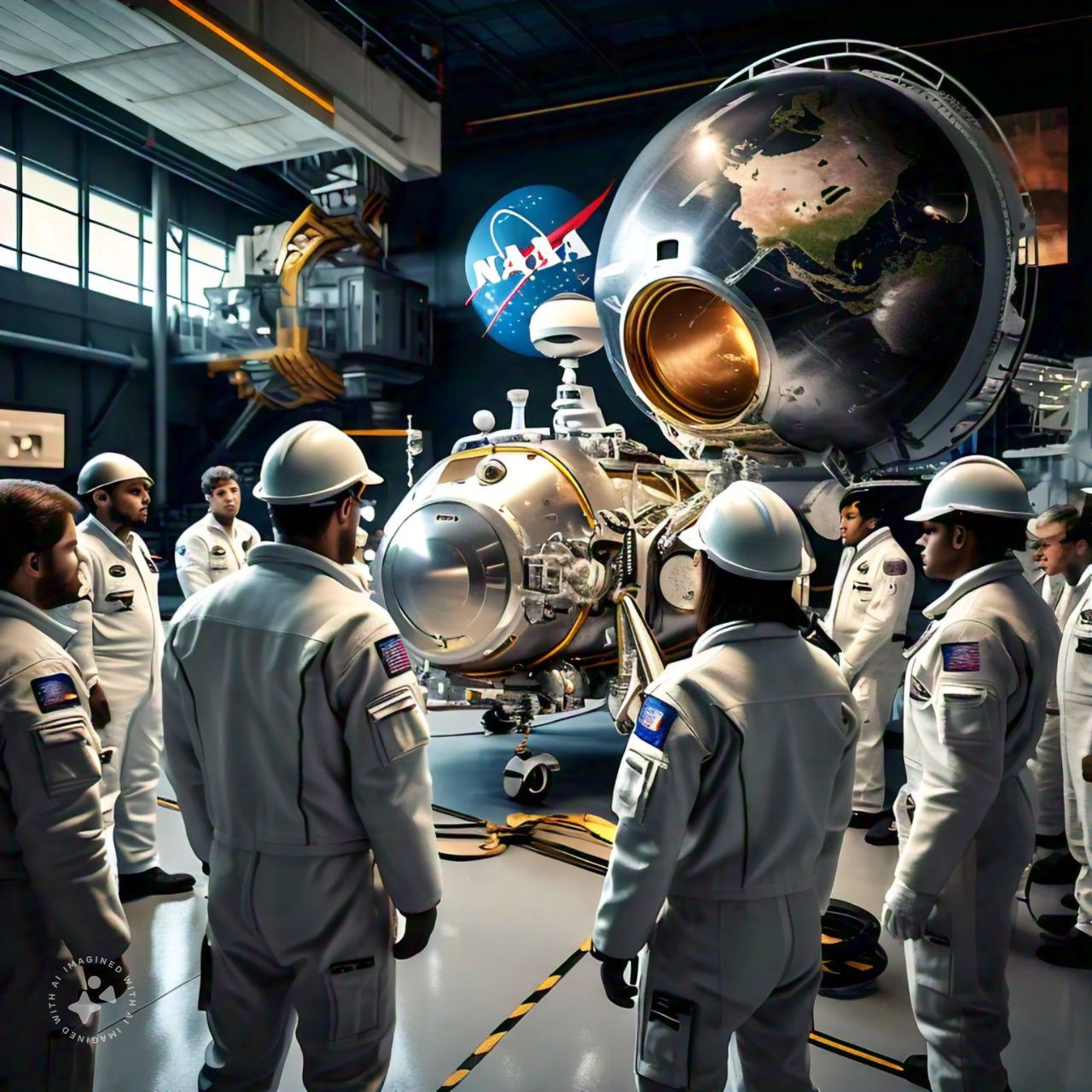How Virtual Reality Is Transforming Entertainment
Virtual Reality (VR) has rapidly evolved from a niche technology to a mainstream phenomenon, revolutionizing the entertainment industry in ways that were once the stuff of science fiction. By immersing users in interactive, 360-degree experiences, VR is redefining how we experience everything from video games to movies and live events. Here’s a closer look at how VR is reshaping the entertainment landscape.
Immersive Gaming Experiences
One of the most significant impacts of VR has been on the gaming industry. Traditional video games offer immersive experiences through graphics and sound, but VR takes this to a new level by placing players directly into the game world. With VR headsets and motion controllers, players can interact with their surroundings as if they were physically present. This immersion creates a more engaging and realistic experience, allowing gamers to explore virtual worlds in unprecedented ways.
Games like “Beat Saber” and “Half-Life: Alyx” have set new standards for what’s possible in VR gaming, offering not just visual and auditory stimulation but also haptic feedback that enhances the sense of touch. This level of immersion can lead to more intense emotional responses and a greater sense of presence, making VR gaming a unique and compelling experience.
Enhanced Movie and TV Viewing
VR is also changing the way we watch movies and television. Traditional screens confine viewers to a passive role, but VR offers a more interactive approach. With VR headsets, users can experience films in a fully immersive environment. Imagine watching a movie where you feel like you’re sitting in the middle of the action, able to look around and explore the scene as if you were actually there.
Some filmmakers are experimenting with VR to create narrative experiences that go beyond traditional storytelling. Projects like “The Lion King VR” or “Star Wars: Trials on Tatooine” allow viewers to step into their favorite universes and interact with characters and environments in ways that were previously impossible. This not only offers a new form of entertainment but also opens up innovative possibilities for storytelling and audience engagement.
Live Events and Concerts
The impact of VR extends beyond gaming and film into live events and concerts. Virtual reality enables fans to attend live performances from the comfort of their homes, providing a front-row experience without the hassle of travel or crowded venues. For example, VR concerts and sports events offer viewers a sense of being present at the event, with the ability to choose their vantage point and experience the action in real time.
Artists and event organizers are beginning to embrace VR as a way to reach wider audiences and create unique experiences. Virtual concerts can include interactive elements, such as choosing different camera angles or interacting with other virtual attendees. This technology not only enhances the fan experience but also offers new revenue streams and opportunities for performers to connect with their audience.
Interactive Storytelling
Interactive storytelling is another area where VR is making a significant impact. Unlike traditional media, which often presents a fixed narrative, VR allows users to become active participants in the story. This interactivity can take many forms, from exploring a virtual environment and making choices that affect the outcome, to interacting with characters and objects within the story.
VR platforms like Oculus Story Studio and Quill are pushing the boundaries of interactive storytelling by providing tools for creators to craft immersive narratives. These experiences can range from simple adventures to complex, branching storylines where users’ decisions shape the narrative. This level of engagement can lead to a more personal and emotionally impactful experience, as users become directly involved in the unfolding of the story.
Virtual Tourism
Virtual reality is also expanding the horizons of travel and tourism. With VR, users can explore far-off destinations without ever leaving their homes. This virtual tourism offers a preview of places and experiences, allowing users to visit landmarks, historical sites, and natural wonders in a fully immersive environment.
Travel companies and destination marketers are beginning to use VR to showcase their offerings in a more engaging way. Virtual tours can serve as a powerful tool for attracting tourists, providing them with a taste of what they can expect. Additionally, VR can be used to preserve and share cultural heritage, offering immersive experiences of historical events or lost civilizations.
Challenges and Future Prospects
Despite its potential, VR technology faces several challenges. High-quality VR experiences require powerful hardware and significant investment, which can be a barrier for some consumers and developers. Additionally, issues such as motion sickness and the need for large physical spaces can impact the user experience.
However, advancements in technology are continuously addressing these challenges. Improvements in VR hardware, such as lighter headsets and more precise motion tracking, are making VR more accessible and comfortable. As the technology becomes more refined and affordable, it’s likely that VR will become an even more integral part of the entertainment industry.
The future of VR in entertainment holds exciting possibilities. As VR technology continues to evolve, we can expect even more immersive and interactive experiences. From new forms of gaming and storytelling to revolutionary ways of experiencing live events and exploring the world, VR is set to transform the entertainment industry in ways that we are only beginning to imagine.
In conclusion, Virtual Reality is not just a passing trend but a transformative force in the entertainment industry. By offering immersive, interactive, and engaging experiences, VR is changing how we interact with and enjoy media. As technology advances and becomes more widely accessible, the potential for VR to shape the future of entertainment is vast and full of promise.
